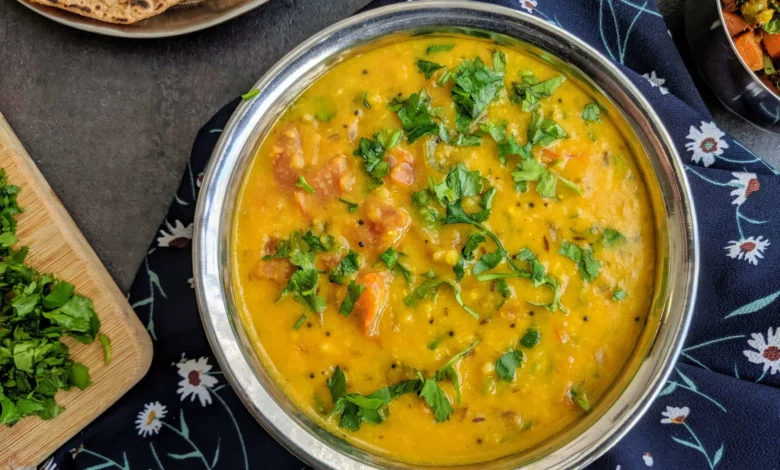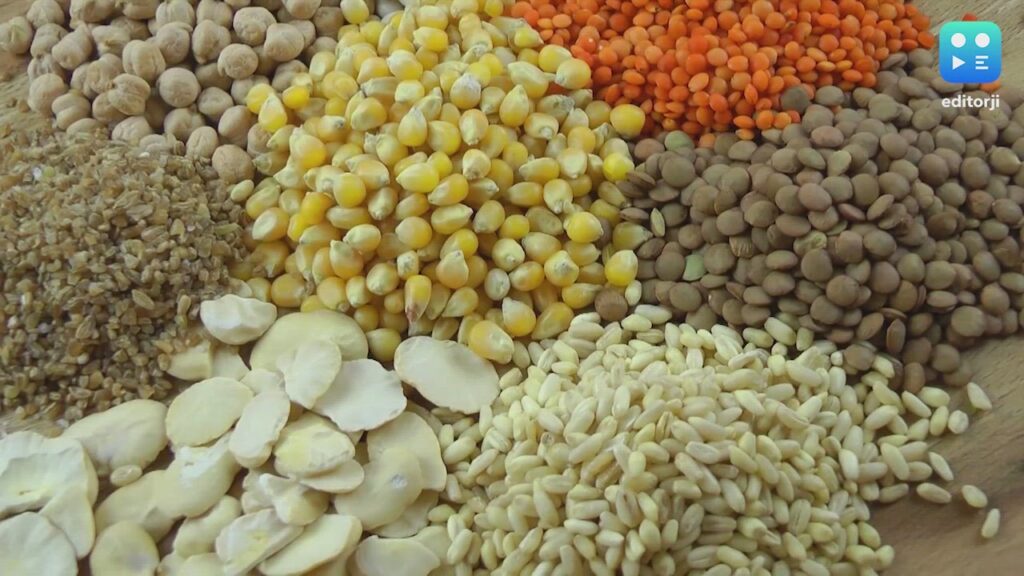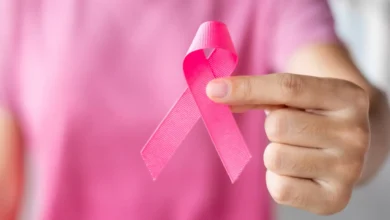Do you think a bowl full of dal is the best source of protein? You might be wrong
According to Dr. Jhunjhunwala, a simple serving of dal is more carbohydrate-dense than protein-rich, and it contains only 5-10 grams of protein

Dal, a frequent component of North Indian meals, is often prepared twice daily due to its reputation as a rich protein source. However, recent findings suggest that the various types of dal, including toor, masoor, urad, and chana, may not provide sufficient protein for our daily needs. Fitness expert Mac Singh elaborated on this in a social media post, providing four reasons why dal may not be the ideal protein source:
- A single serving of dal contains only 5 to 10 grams of protein. If your daily protein requirement is around 50 to 60 grams, consuming 3 to 4 servings of dal will still fall short.
- The protein in dal is not fully absorbed by the body, with only 70 to 80 percent bioavailability. This is in contrast to proteins from sources like whey and eggs, which are largely absorbed.
- Dal does not provide a complete protein profile. Proteins consist of various amino acids, both essential and non-essential. Dal lacks two key essential amino acids — methionine and cysteine.
- Dal is high in carbohydrates. A serving of dal contains 30 to 40 grams of carbs, meaning that consuming it in large quantities may result in a higher carb intake than protein.

Dr. Smriti Jhunjhunwala, a nutritionist and dietitian, concurred with this assessment, labeling dal as an ‘incomplete protein’. She explained that proteins are large compounds composed of smaller units known as amino acids, which provide the nutrition we need. These amino acids are classified as essential and non-essential, with the former being crucial as our body cannot produce them, necessitating their intake through our diet. Non-essential amino acids, however, can be synthesized by our body even if not consumed.
“A serving of dal is higher in carbohydrates than in protein”
According to Dr. Jhunjhunwala, a simple serving of dal is more carbohydrate-dense than protein-rich, and it contains only 5-10 grams of protein. Even with 3-4 servings, the body’s protein needs will not be met. Furthermore, dal lacks the two main essential amino acids, which is why it is referred to as an incomplete protein.
However, Dr. Jhunjhunwala also provided suggestions for vegetarians to meet their protein requirements:
- Combine lentils with whole grains and various seeds to obtain the essential amino acids.
- Consider other protein-rich sources like soya and its derivatives, such as tofu.
- Greek yogurt is a great source of protein and is also beneficial for gut health.
- Various types of seeds, like chia and hemp seeds, are known to be rich in proteins and can be consumed raw or used as a seasoning to enhance the protein content of dishes.
- Beans and nuts are also important sources of proteins and should not be overlooked.
- Paneer, which is easy to prepare and delicious to eat, is also a great source of protein.
You might also be interested in – Research Indicates Less Than 4,000 Daily Steps Can Improve Brain Health



